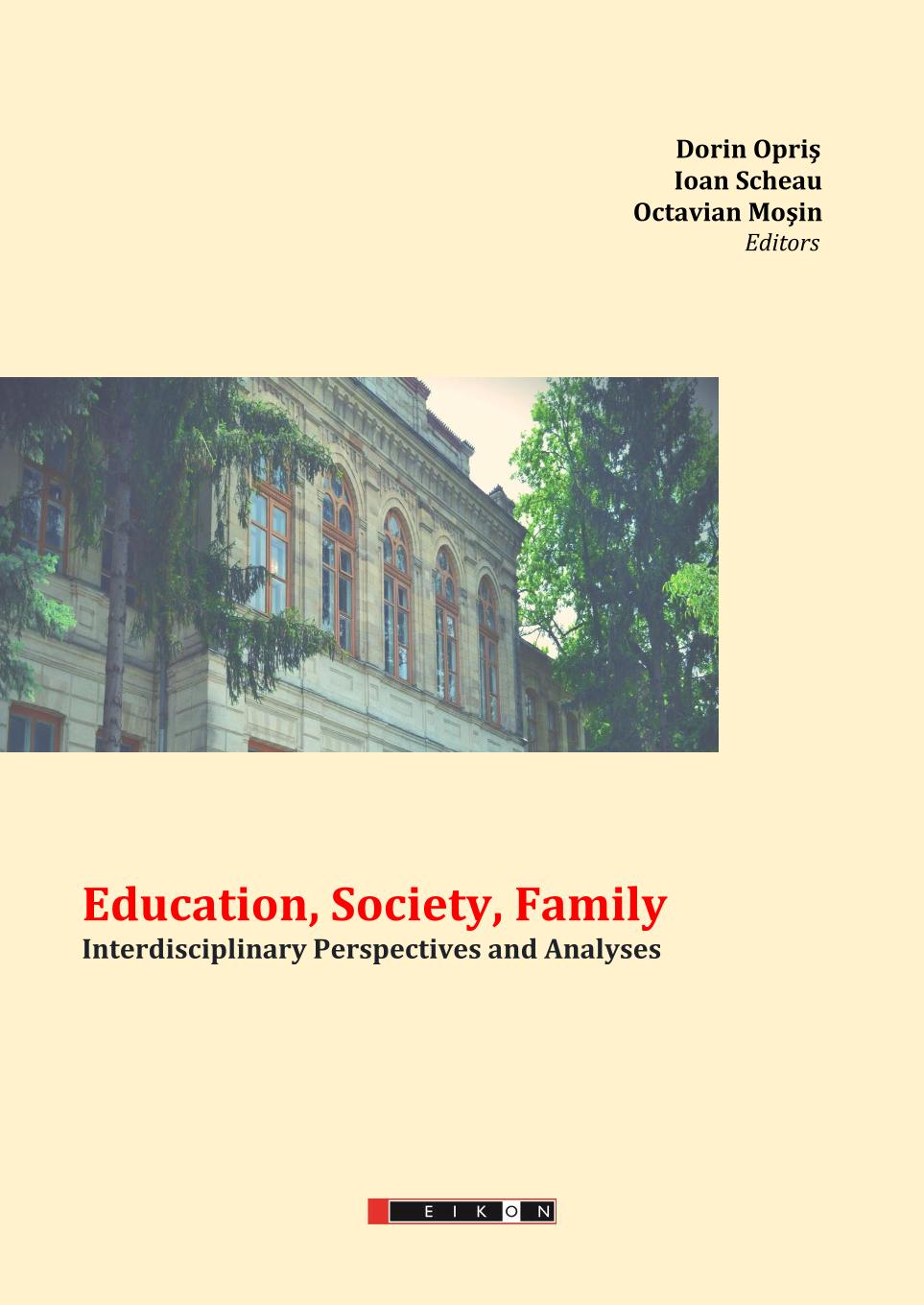PECULIARITIES OF THE COMPETENCE OF PRAGMATIC COMMUNICATION IN A FOREIGN LANGUAGE IN THE CONTEXT OF THE PROFESSIONAL CAREER DEVELOPMENT OF STUDENTS IN VOCATIONAL EDUCATION
PECULIARITIES OF THE COMPETENCE OF PRAGMATIC COMMUNICATION IN A FOREIGN LANGUAGE IN THE CONTEXT OF THE PROFESSIONAL CAREER DEVELOPMENT OF STUDENTS IN VOCATIONAL EDUCATION
Author(s): Angela Dimitriu, Nina Bîrnaz
Subject(s): Education, Foreign languages learning, Vocational Education
Published by: Editura Eikon
Keywords: Communication; competence; pragmatic communication competence; communication in a foreign language; vocational education;
Summary/Abstract: Professional competence includes the abilities to properly select, combine and use the knowledge, skills, values and attitudes necessary to successfully, effectively and efficiently perform the work or the learning tasks related to a particular profession. During the vocational education of students, the development of communication skills plays an important role.In the context of globalization, the competence of pragmatic communication in a foreign language is an imperative in the vocational development.This article conceptualizes the competence of pragmatic communication in a foreign language for students in vocational education, which includes three-dimensional aspects: the cognitive aspect/knowledge (Savoir), the praxiological aspect/skills (Savoir faire) and axiological aspect/values and attitudes (Savoir vivre) necessary for the efficient communication in a foreign language in the vocational field. In order to develop this competence, the subject of Applied English Language was included into the curriculum of vocational education (ISCED level 4) in the Republic of Moldova that offers students’ opportunities for professional growth at both national and international level.
Book: Education, Society, Family. Interdisciplinary Perspectives and Analyses
- Page Range: 72-76
- Page Count: 5
- Publication Year: 2021
- Language: English
- Content File-PDF

